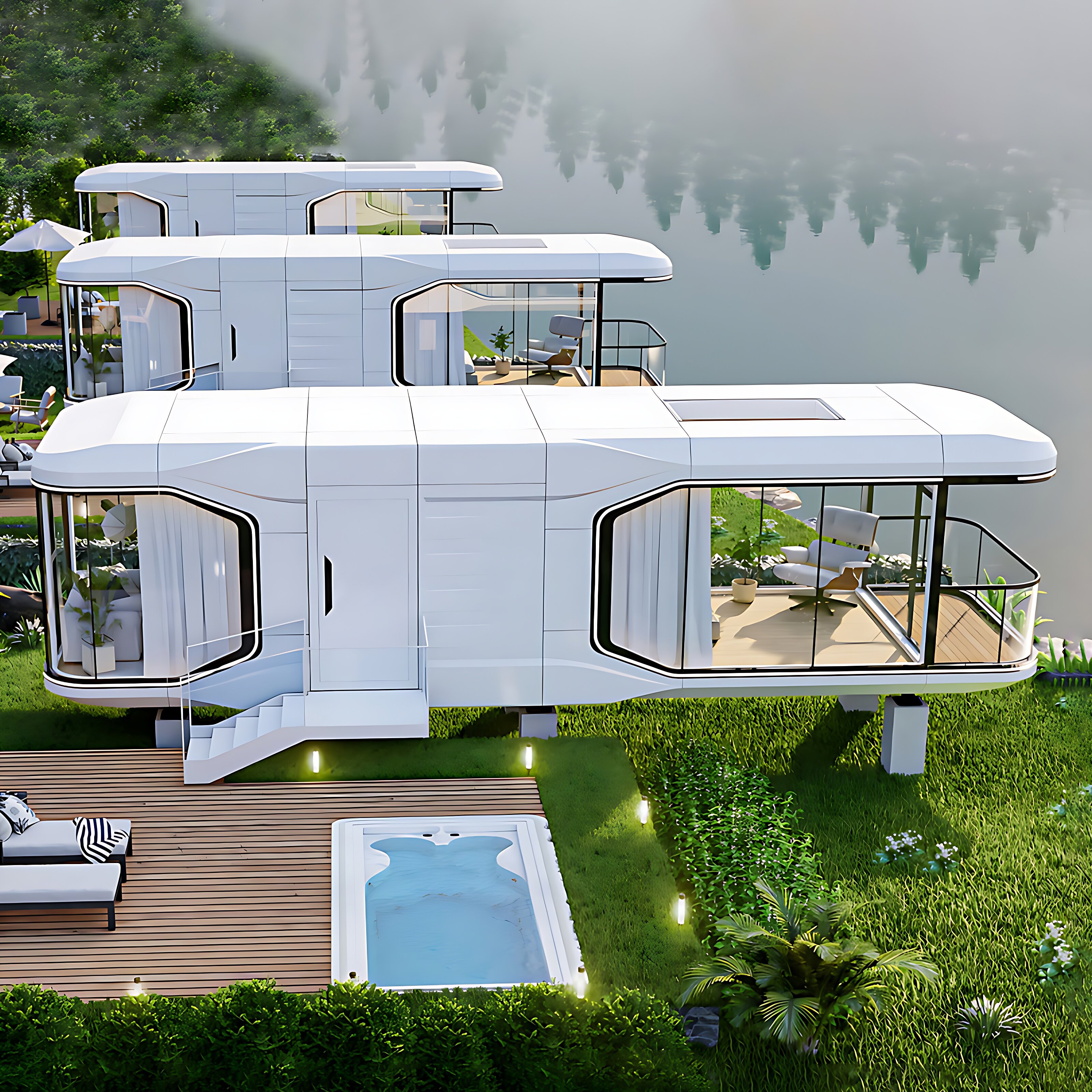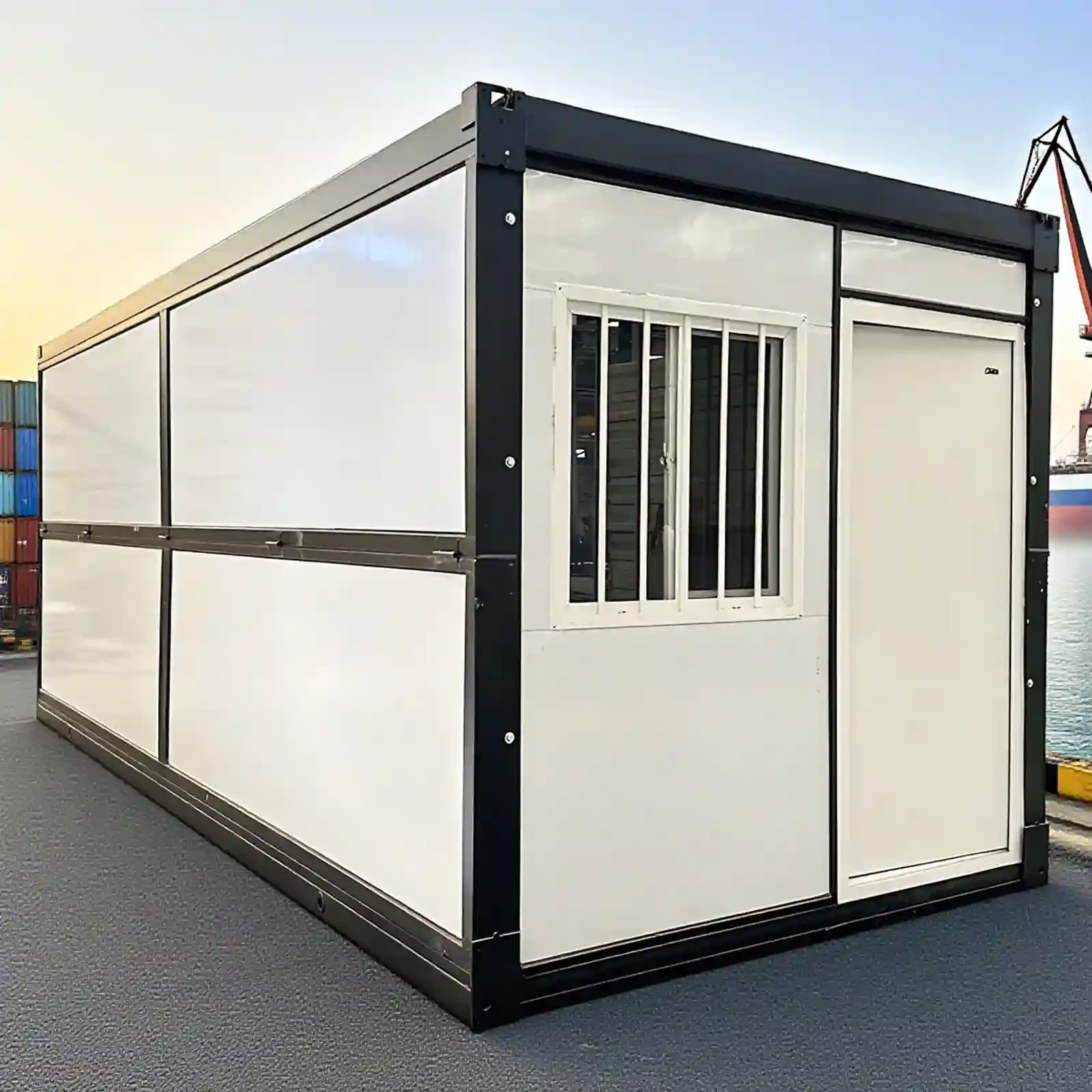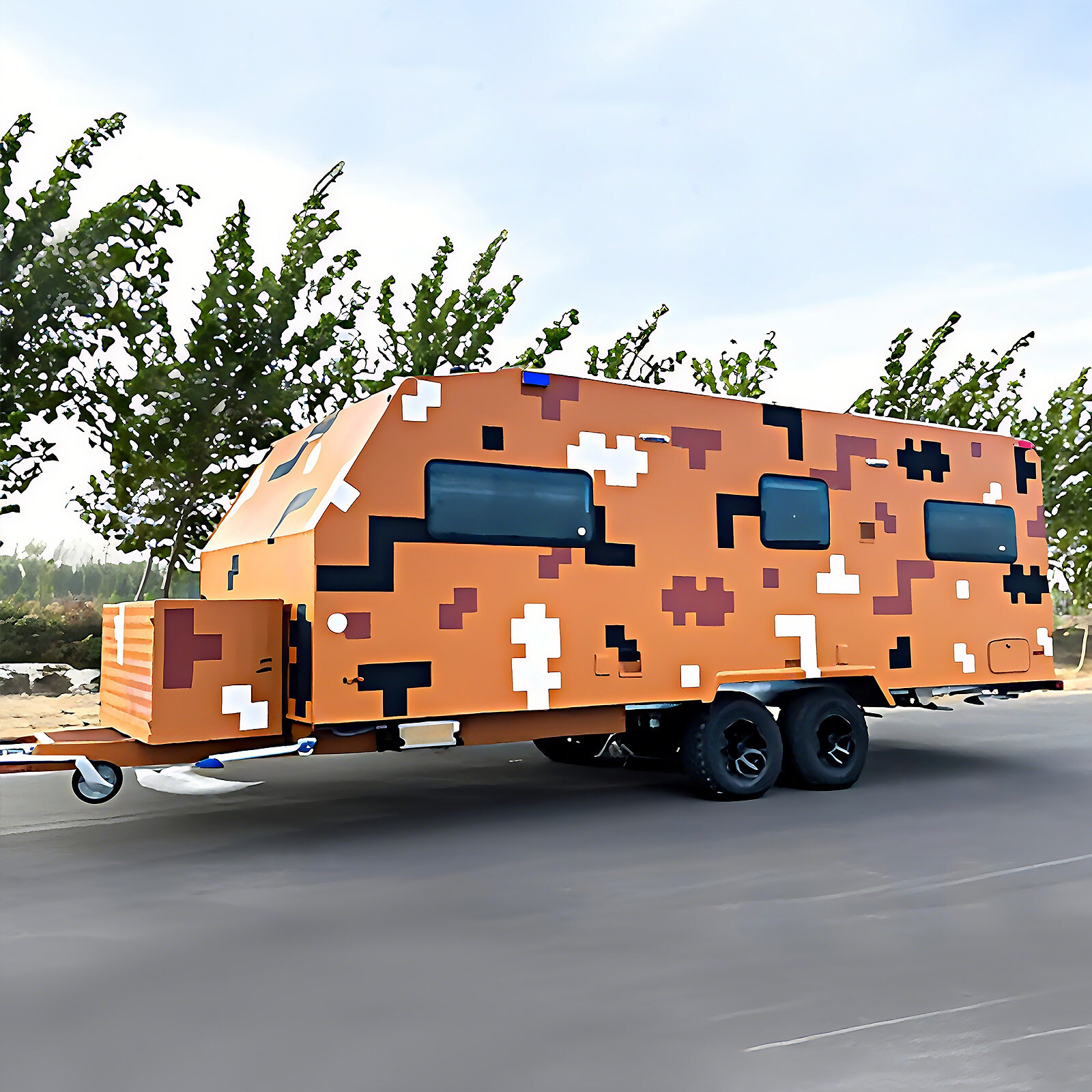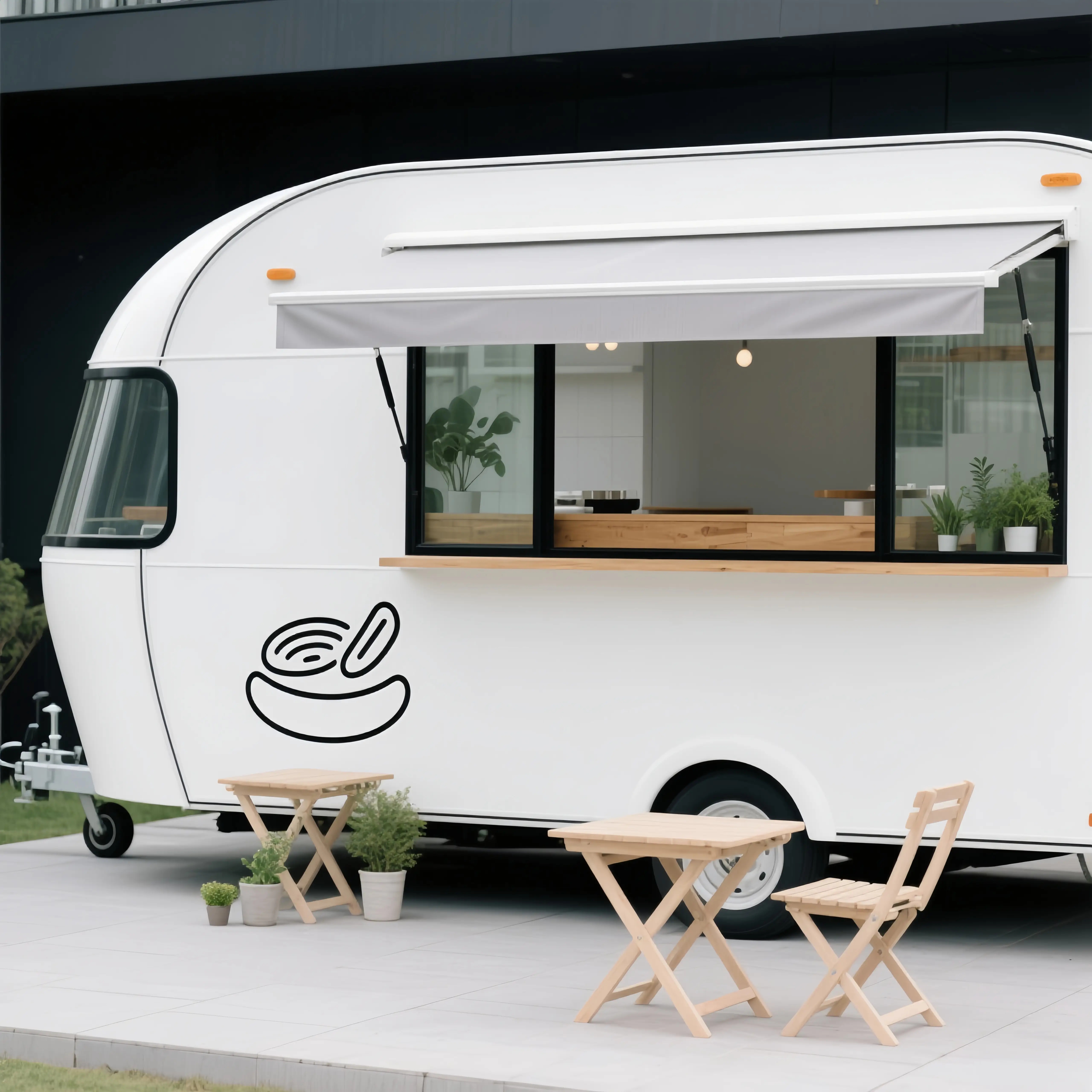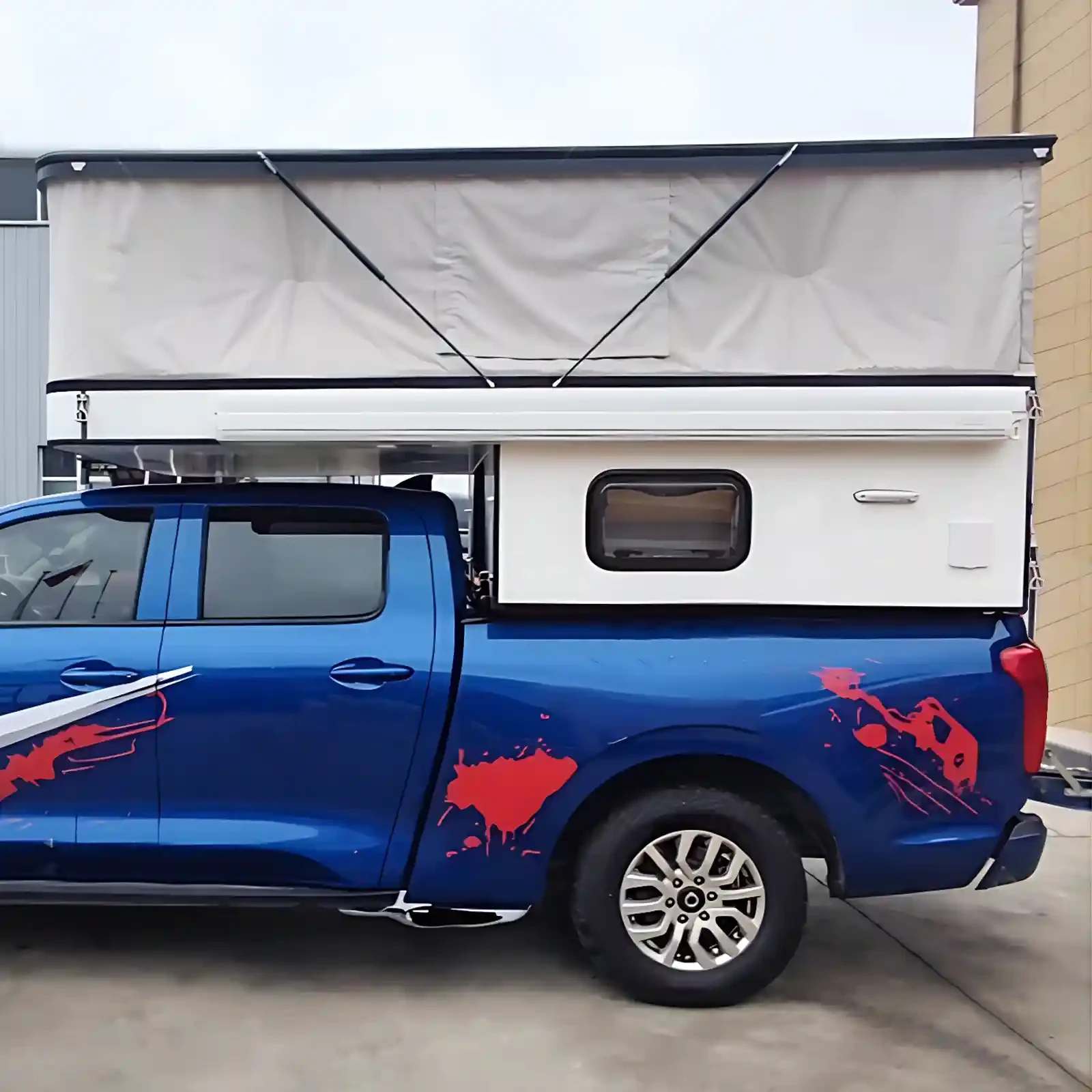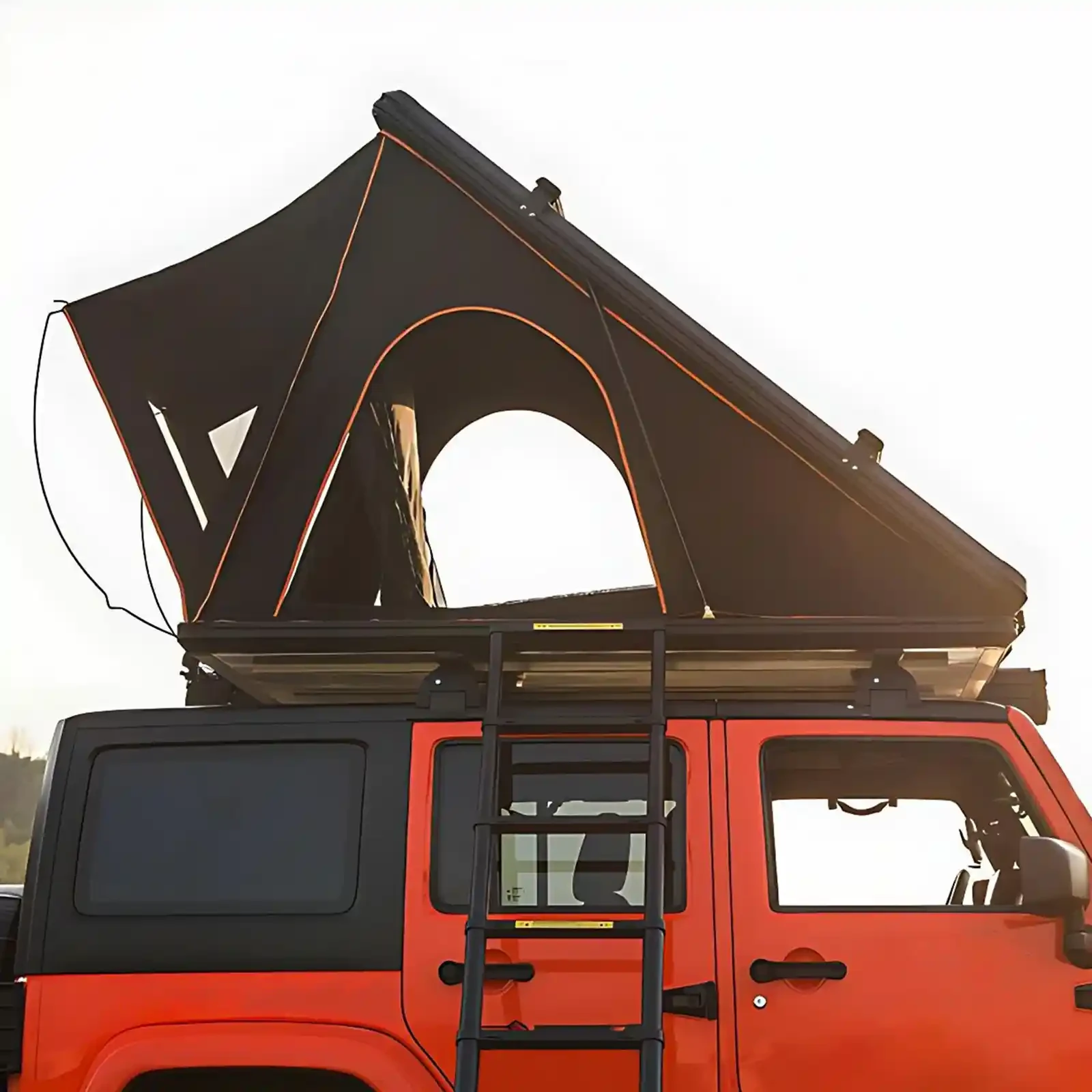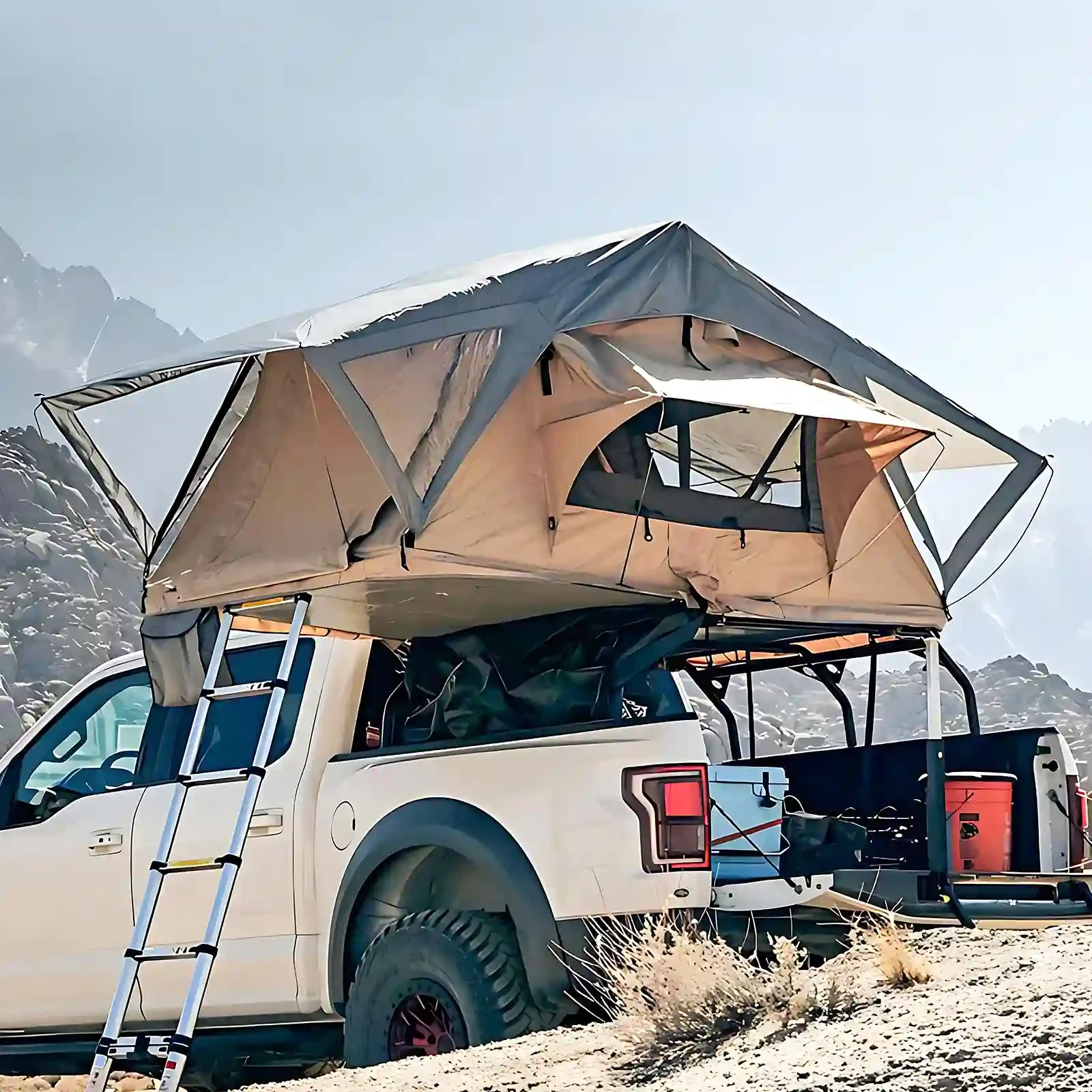I. Industry Background and Overview
With technological advancements and the diversification of people's lifestyles, space capsule mobile homes, as an emerging accommodation solution, are gaining widespread market attention. Combining modern design concepts with high-tech elements, these living spaces not only possess the basic functions of traditional homes but also incorporate portability, environmental friendliness, and intelligent features, offering new options for travel, temporary housing, emergency rescue, and other sectors.
II. Market Status
Growing Demand: In recent years, the rise of leisure activities such as outdoor adventures and self-driving tours has driven demand for portable accommodation products. Furthermore, the demand for temporary offices and short-term living in the urbanization process has also provided broad growth opportunities for the space capsule mobile home market.
Technological Innovation: Rapid developments in materials science, new energy technologies, and the Internet of Things have enabled significant improvements in the structural strength, energy self-sufficiency, and intelligent control of space capsule mobile homes, enhancing user experience and market competitiveness.
Policy Support: To promote green buildings and sustainable tourism, governments in some countries and regions have introduced a series of incentive policies, including subsidies and tax incentives, creating a favorable external environment for the development of the space capsule mobile home industry.
III. Competitive Landscape
Currently, multiple brands have entered the space capsule mobile home market, with competition primarily focused on product innovation, pricing, service quality, and brand influence. Leading companies have gradually established market leadership through continuous research and development of new technologies, optimized product designs, and expanded application scenarios. Meanwhile, new entrants are actively exploring differentiated development paths, attempting to attract consumers through distinctive products and services.
IV. Challenges and Opportunities
Challenges: Cost control is a major challenge facing the industry, particularly as the use of high-end materials and technologies increases production costs. Furthermore, regulatory restrictions, public acceptance, and logistics and distribution issues also hinder industry development.
Opportunities: As consumers increasingly pursue personalized and green lifestyles, space capsule mobile homes, as a new type of accommodation that integrates technology, environmental protection, and convenience, hold enormous market potential. Their flexible deployment and rapid installation are particularly prominent in areas such as post-disaster reconstruction and remote area development.
V. Future Trends
Technological Integration: It is expected that space capsule mobile homes will increasingly integrate with technologies such as the Internet of Things, big data, and artificial intelligence to achieve more efficient energy management, environmental monitoring, and an optimized living experience.
Eco-Friendliness: Utilizing more renewable materials, improving energy efficiency, and reducing carbon emissions will be key areas for the industry's continued development.
Diversified Applications: Beyond traditional tourist accommodation, mobile capsule homes will expand into areas such as education, healthcare, and scientific research, meeting even more diverse needs.
In summary, the mobile capsule home industry is experiencing rapid growth. Faced with numerous opportunities and challenges, companies should continuously innovate, strengthen technological R&D, and expand market development to meet market demand and promote the healthy and sustainable development of the industry.

 USD
USD
 GBP
GBP
 EUR
EUR
